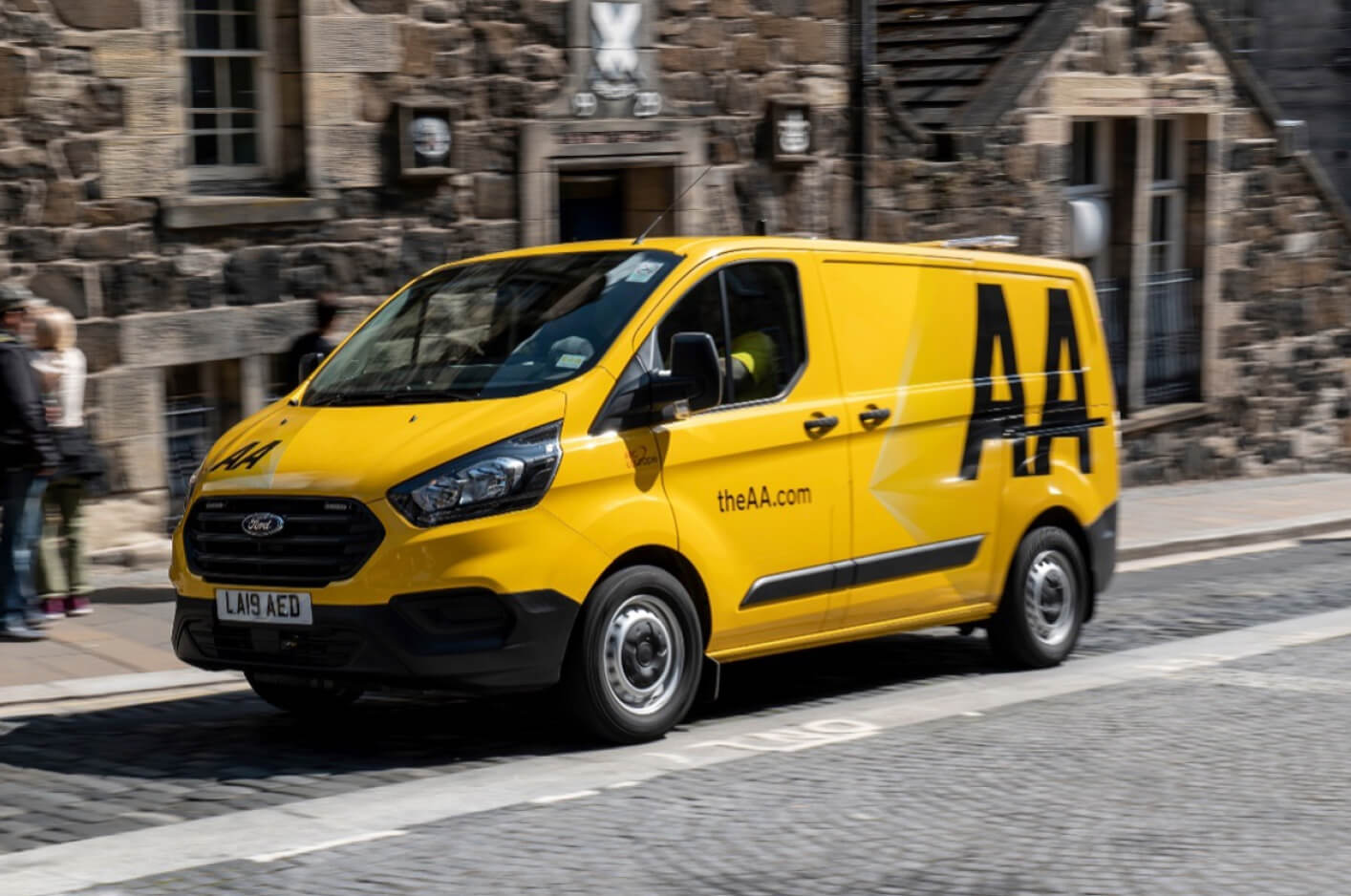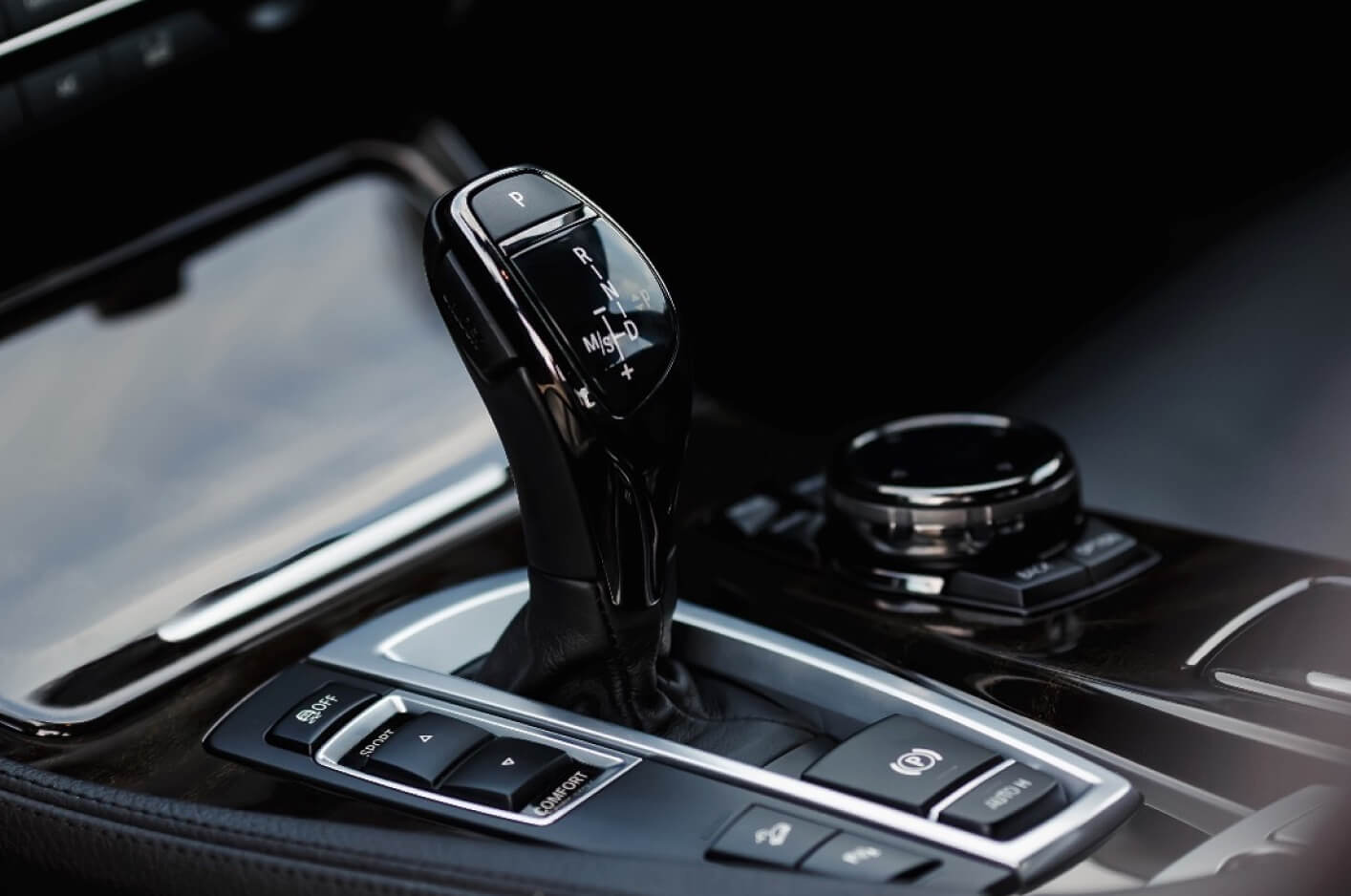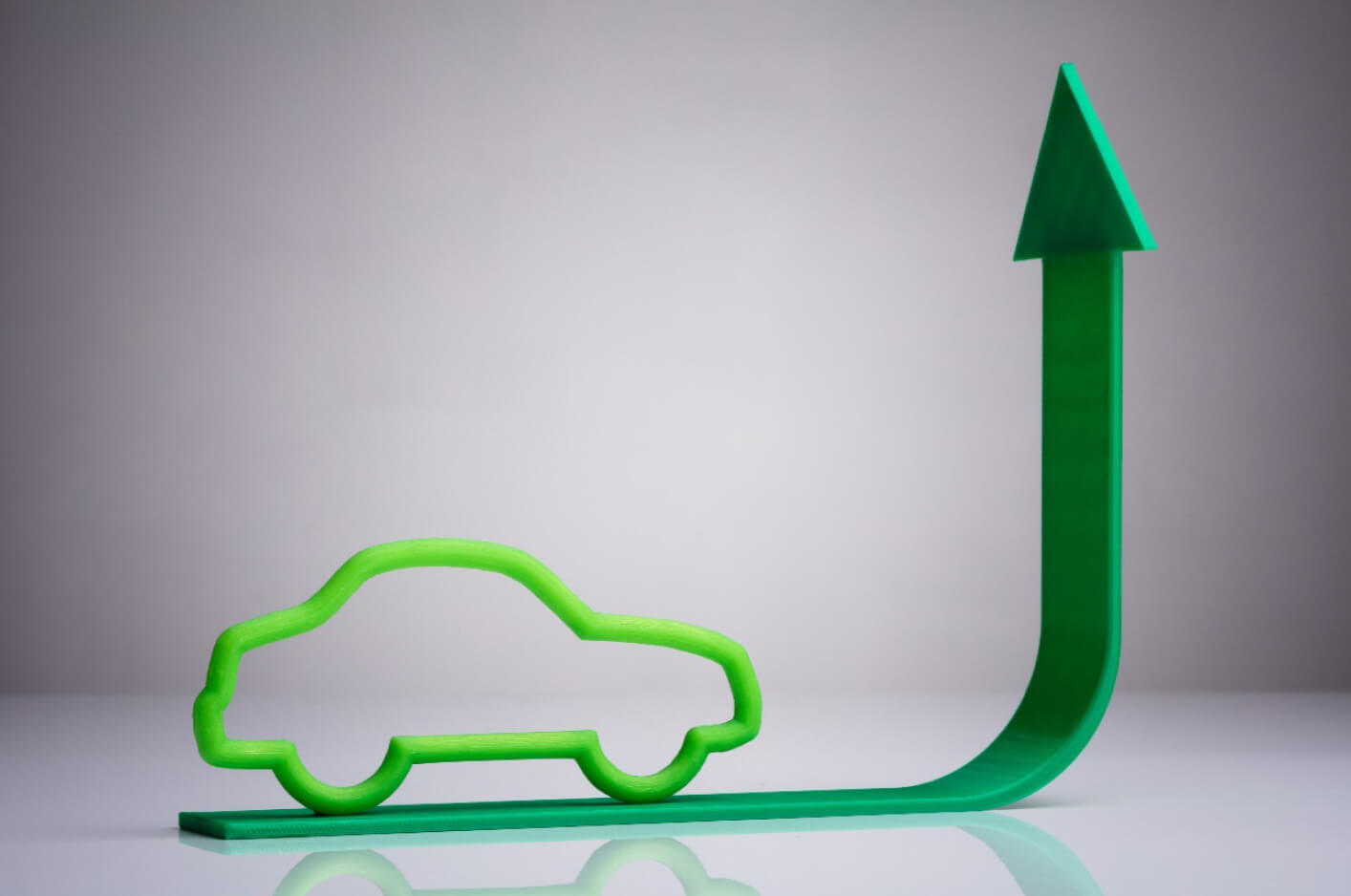5 July 2019
New company car benefit-in-kind tax rules due to be revealed next week
Long-awaited changes to existing company car benefit-in-kind tax rules are expected to be revealed in the Government’s draft Finance Bill to be published on Thursday 11th July.

- The bill is expected to give a clearer understanding of the future shape of CO2 based company car benefit-in-kind taxation
- This follows on a call for evidence in relation to the Government’s review into the impact of WLTP on company car benefit-in-kind tax
- Although company car benefit-in-kind tax rates for 2020/21 have already been published - rates have not been published for 2021/22 and beyond
The Bill is expected to highlight the future shape of carbon dioxide (CO2)-based company car benefit-in-kind taxation - and CO 2-based Vehicle Excise Duty thresholds - from April 2020 in the wake of last year's introduction of the Worldwide harmonised Light vehicles Test Procedure (WLTP).
The forecasted announcement follows a pledge made by Chancellor of the Exchequer Philip Hammond in the Government's Spring Statement in March that he would publish "in the coming months" the response to its call for evidence in relation to its review into the impact of WLTP on company car benefit-in-kind tax and Vehicle Excise Duty
What's more the new rules will be revealed in the wake of newly published HM Revenue and Customs' (HMRC) statistics showing that, at face value, the number of company cars on the road declined by 50,000 in 2017/18. However, that maybe a statistical blip caused by the introduction of voluntary payrolling by employers, according to the taxman.
Although company car benefit-in-kind tax rates for 2020/21 have already been published - rates have not been published for 2021/22 and beyond - it remains to be seen whether there will be any change to those thresholds.
Both ACFO, the UK fleet managers' organisation, and the British Vehicle Rental and Leasing Association (BVRLA) have held meetings with Government officials and called for tax neutrality and for its fiscal policy to align with its air quality strategy.
BVRLA Chief Executive Gerry Keaney said this week: "We hear the Government committing to its zero emission road transport ambitions, but we fail to see them aligning their fiscal policy to help support it. By getting the company car tax system right, the Government can achieve some quick wins.
"With the average newly registered company car emitting 19% less CO 2 than the average 'grey fleet' car, the Government can speed up delivery of its air quality ambitions by having a tax system that incentivises drivers to take a company car.
"We have continued to engage regularly with HM Treasury and have met with officials at 10 Downing Street to ensure that policymakers understand the risks of failing to align environmental and fiscal policies."
ACFO deputy chairman Caroline Sandall said: "The Government cannot continue to treat company cars as 'a cash cow'. Word from the Government has previously been that it sees the transition to a tax system based on WLTP CO2 emission figures as being tax neutral and it must adhere to that.
"Furthermore, if the Government is to achieve its ambition to reduce vehicle emissions then it must ensure that the tax regime supports and enhances demand for company cars, the newest and cleanest cars on the roads."
In 2016/17 the long-term downward trend in company car demand continued with HMRC data showing there were 940,000 employees paying benefit-in-kind tax on the perk. That figure dropped to 890,000 in 2017/18, but ignores the impact of voluntary payrolling by employers.
The statistics are based on P11D returns. However, the introduction of voluntary payrolling since April 2016 means that an increasing number of employers are opting not to return P11Ds at the end of the tax year. More detailed reporting of payrolling company cars was introduced from April 2017, but did not become mandatory until April 2018.
As a result, HMRC said that "had implications for the completeness of the statistics" and added: At least part of the apparent reduction may be due to employers moving from submitting P11D returns to collecting tax on company cars through payroll." HMRC said it was currently considering "how best to adapt the statistics to address the growing proportion of payroll benefits-in-kind".
Payrolling is where employers calculate and deduct tax on employee benefits-in-kind through their payroll. That contrasts with the standard situation in which tax on benefits-in-kind is collected via tax code adjustments notified by HMRC to an employers, based on P11D returns submitted.
Commenting on the apparent 50,000 drop over 12 months in the number of company cars on the roads and ignoring the so-called 'payrolling gap, the BVRLA said the statistics reinforced the need for Government to support the market by taking action to address the vehicle tax system.
Figures, said the BVRLA, within the report indicated that during the past two years there had been a reduction of 70,000 company car drivers - in 2015/16 there were 960,000 - and that was due to "an uncertain and unsupportive tax regime". BVRLA members, said the organisation, had been reporting indications of a decline in demand for company cars.
Although HMRC said payrolling accounted for a "significant" proportion of the decline in reported company car driver numbers, the BVRLA said it believed "this downward trajectory would continue until the Government made changes to the vehicle tax system".
It continued: "The Association attributes persistent tax rises, uncertainty in future rates and confusion around the tax implications of WLTP as all being factors hindering the uptake of company cars."


